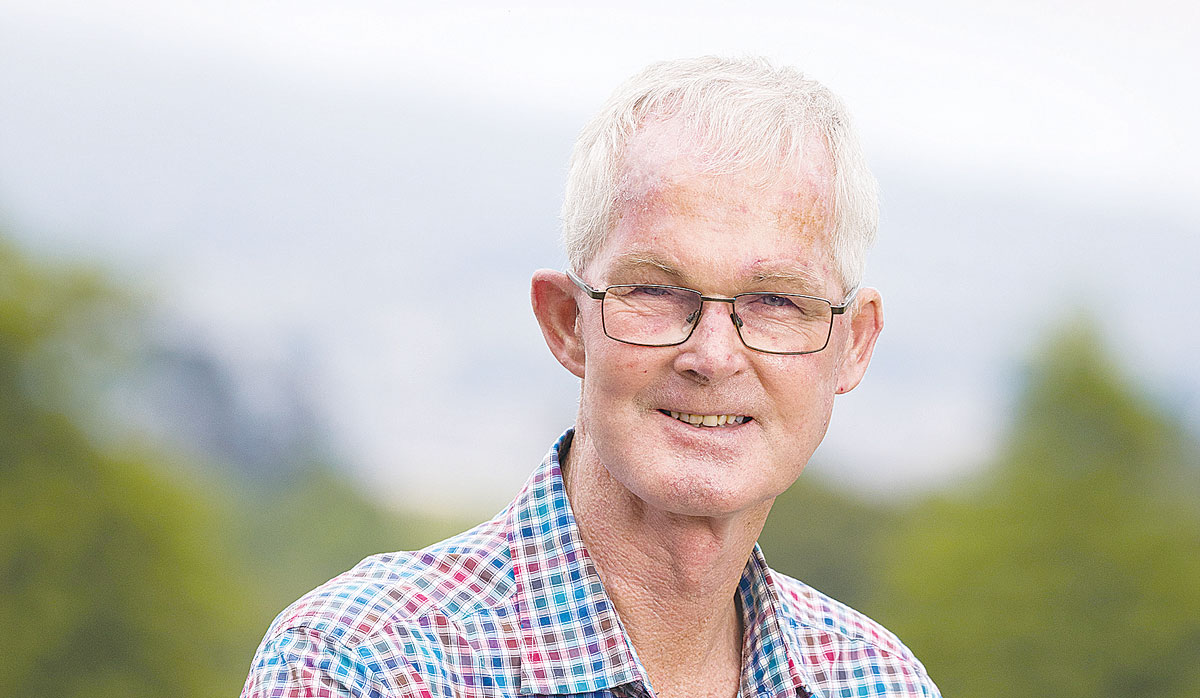Genetics, Efficiency and Performance: How the Burgesses are raising the bar at Te Poi
Bill and Michelle Burgess had an eye-opening realisation when they produced the same with fewer cows.
OPINION: DairyNZ and Beef + Lamb NZ are calling on the Government to give farmers a fair deal by using the latest and best science when setting methane targets.
While New Zealand farmers overall are reducing emissions, agriculture is currently being blamed for a far bigger share of New Zealand's warming than it actually causes.
It's important all sectors play their part, including agriculture, transport, energy, towns and cities.
The method the Government uses to calculate emissions data, GWP100, is accurate for carbon dioxide but hugely overstates the warming impact of methane.
Although agriculture accounts for around 50% of New Zealand's emissions, it does not account for 50% of the warming. That's because methane has a half-life of around 12 years so disappears from the atmosphere much faster than CO2, which can last up to 1,000 years.
So alongside other primary sector organisations, we've written to the Government asking for all government agencies and independent bodies, such as the Climate Change Commission, to take a split-gas approach when reporting all emissions and delivering emissions budgets.
This would clearly demonstrate that short-lived gases like methane and long-lived gases like CO2 have different warming impacts. Perspective and sound science matter for the Government's response to climate change.
It's so important we get this right because key climate change decisions are made using that data - including methane targets that impact what farmers can do on-farm. This doesn't just affect a farm's bottom line, but also has a flow-on effect on mental health and wellbeing.
 |
|---|
|
Jim van der Poel |
If farmers aren't able to run successful and sustainable businesses, their contribution to their families, the economy and local communities reduces - affecting the wellbeing of all New Zealand.
Also, because New Zealand dairy farmers have the lowest carbon footprint for on-farm milk and sheep and beef production for meat, there's no silver bullet to further reduce emissions. We need new technologies and the sector is investing millions in R&D to achieve this.
The focus needs to be on reducing warming
The whole point of reducing emissions for international agreements is to reduce warming - so it's important we have a more accurate picture of what's going on, so we can take the right actions.
The Intergovernmental Panel on Climate Change confirms the way emissions are currently calculated, using GWP100, overstates the warming impact of methane by 3-4 times, when methane emissions are stable (as they are in New Zealand).
Since New Zealand's agricultural methane emissions have been stable for almost two decades, since 2005, they're not contributing additional warming each year. A 2022 paper published in the prestigious Nature Journal by 33 scientists also highlights the need for countries to accurately consider that warming impacts of different greenhouse gases when putting forward their targets for emissions reductions.
To address this, we want the Government to adopt a more advanced method (such as GWP*) for calculating and reporting agricultural methane emissions, in line with the recommendations of leading scientists.
Jim van der Poel is chairman of DairyNZ and Andrew Morrison is chair of B+LNZ.
Legal controls on the movement of fruits and vegetables are now in place in Auckland’s Mt Roskill suburb, says Biosecurity New Zealand Commissioner North Mike Inglis.
Arable growers worried that some weeds in their crops may have developed herbicide resistance can now get the suspected plants tested for free.
Fruit growers and exporters are worried following the discovery of a male Queensland fruit fly in Auckland this week.
Dairy prices have jumped in the overnight Global Dairy Trade (GDT) auction, breaking a five-month negative streak.
Alliance Group chief executive Willie Wiese is leaving the company after three years in the role.
A booklet produced in 2025 by the Rotoiti 15 trust, Department of Conservation and Scion – now part of the Bioeconomy Science Institute – aims to help people identify insect pests and diseases.